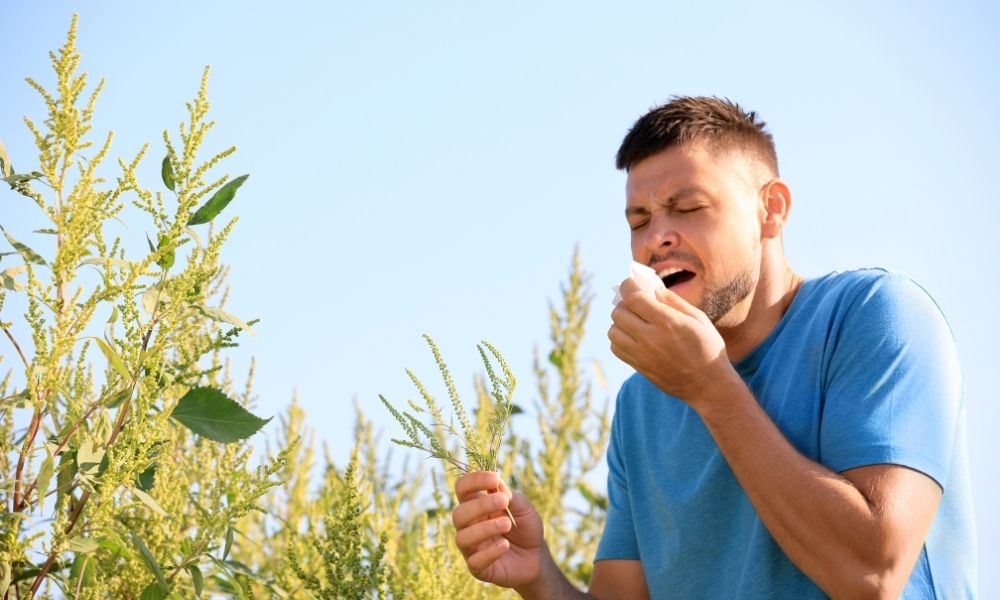Allergies affect more than 50 million people in the United States. Texas’s allergy season begins in September and is followed by a dry winter. It has terrible allergy levels due to climate cycles and weather patterns.
For some people living in this state, allergy season can be a painful time of year. Let’s take a deeper look at Texas’s seasonal allergies and how you can prevent any irritating allergy symptoms.
Why Are Allergies So Bad in Texas?
In most states, allergy season is limited to spring because this is when most pollinating plants release pollen dust, which irritates the sinuses. Pollination season usually ends when spring turns to summer—but not for Texas.
Texas’s dry winters are to blame for residents’ year-round allergy issues. The mild winters allow plants to thrive and pollinate throughout the year. While other parts of the country are experiencing freezing temperatures, some Texas plants are growing and going through another season of pollination, making the winter the most unbearable season of all for people with allergies.
Common Allergens in Texas
Houston, McAllen, and San Antonio are a few major cities in Texas with high allergy levels. However, Texas seasonal allergies affects the entire state and tens of thousands of people. Let’s dive into the common seasonal allergens in Texas:
Ragweed Pollen
Ragweed is a plant that can produce about one billion pollen grains. These grains float effortlessly in the air and can travel up to 400 miles. Dallas and Fort Worth have the highest levels of this allergen. Ragweed pollen can cause congestion, wheezing, and itchy eyes.
Cedar Tree Pollen
Cedar trees are gorgeous during the fall and winter. However, when you inhale this pollen, it can irritate your immune system and cause an inflammatory response. These symptoms, which locals often call “cedar fever,” include increased body temperature, sore throat, fatigue, sinus pressure, and itchy eyes.
Grass Pollen
Grass pollen releases millions of pollen grains into the air to fertilize other plants. The grass allergy season in Texas begins around March and lasts until October.
How To Avoid Irritating Allergy Symptoms
If you suffer from allergies, there are many ways to treat your symptoms besides suffering through the pain and hoping it goes away. You can frequently clean your home to ensure there aren’t any microscopic allergen particles, take over-the-counter medicine recommended by a doctor, or flush your nasal cavities with saline or a warm saltwater solution.
However, if those methods aren’t relieving your symptoms and you live in the Houston area, we recommend that you contact us for the very best treatment to relieve those allergies. Our Houston allergy doctors are always ready to help you live a stress-free and irritant-free life.


